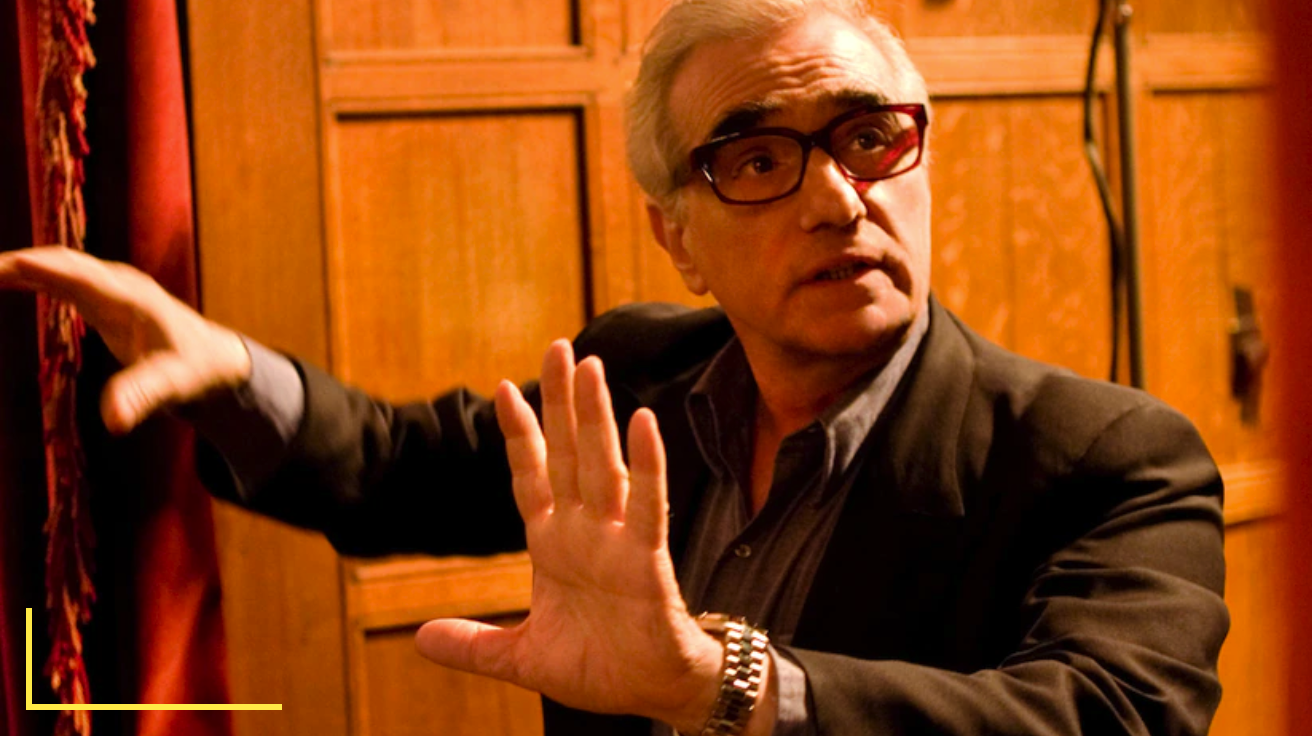National Silent Movie Day Mention in Scorsese Screens
SCORSESE SCREENS - SEPTEMBER 2021
By Martin Scorsese
August 30, 2021
September 29th is the very first National Silent Movie Day, a great initiative launched by three dedicated film archivists and/or activists: Brandee B. Cox from the Academy Archive, Chad Hunter from Video Trust and the Pittsburgh Silent Film Society and Steven K. Hill from UCLA. “It seems like there is a national day for almost everything,” says Hunter in the official announcement, “and we thought, why not silent movies? We were actually sort of surprised there wasn’t already one.” This is exactly the kind of activist spirit we need right now in the world of cinema. The day will be celebrated with screenings and events at venues across the country (I know that Bruce Goldstein is planning something special for Film Forum here in New York) and, of course, on TCM, with a full day of great programming.
Why watch silent movies? The group asks this rhetorical question on their website. My answer would be: how can we afford to not watch silent movies? If you’re at all interested in cinema, then you’re interested in silent cinema, because that’s where the art form originates. That’s where the language of cinema came into being. “Silent pictures were the purest form of cinema,” Alfred Hitchcock told François Truffaut. “Since all that was missing was natural sound, there was no need to go to the other extreme and completely abandon the technique of the pure motion picture, the way they did when sound came in.” Hitchcock sums it all up by saying that the point is to “charge the screen with emotion,” and this is a great definition of the cinema. It’s the through-line that connects everything powerful and memorable in films, from the beginning of the art form right up to today. For the men and women who made silent films, it was essential; they had to hold their audience emotionally, because they didn’t have anything to fall back on.
There are 15 titles in TCM’s tribute: 12 features – all but Méliès’ A Trip to the Moon (1902) – made in the 1920s; and 3 documentaries, about Méliès, Alice Guy-Blaché and Buster Keaton (that one is by Peter Bogdanovich). Some of the titles, like Chaplin’s City Lights and Keaton’s Sherlock Jr., have been enshrined classics for decades now. Eisenstein’s Battleship Potemkin and Dreyer’s The Passion of Joan of Arc have both been considered essential almost since the time of their release, but they circulated for many years in versions that were quite different from what their creators intended. It was a startling experience to see both of those titles with their original power and energy restored to them. TCM is showing many other remarkable pictures in this program, including Rex Ingram’s version of The Four Horsemen of the Apocalypse; Piccadilly by the German director E.A. Dupont (beautifully restored in 2004); and Victor Sjöstrom’s The Wind with Lillian Gish, one of the greatest films of the silent era. If you’ve never seen a silent film, The Wind is an excellent place to begin.
